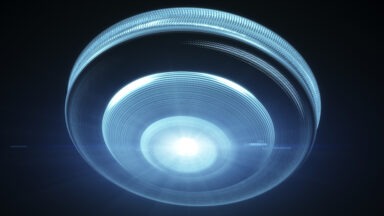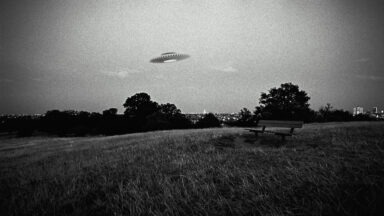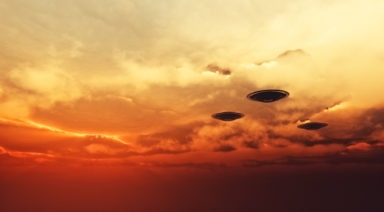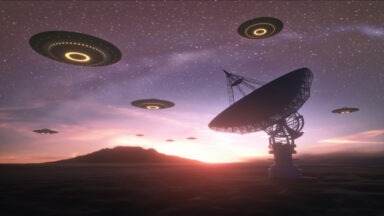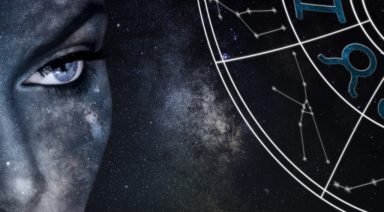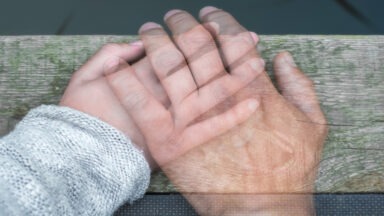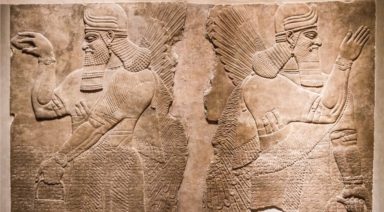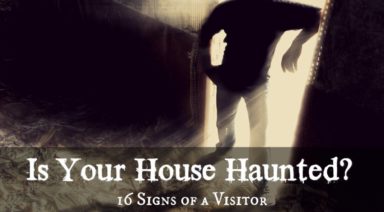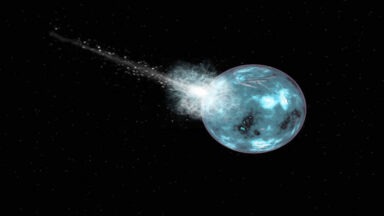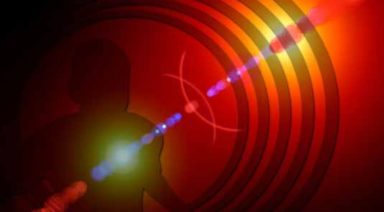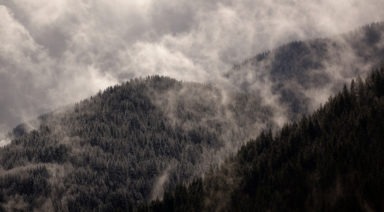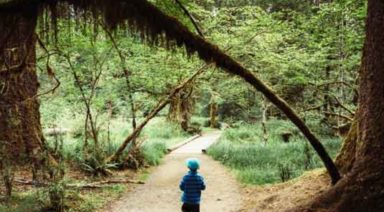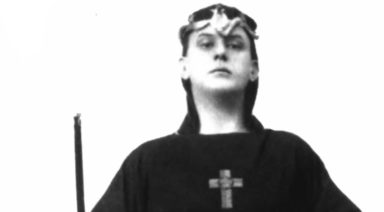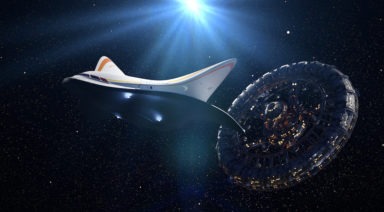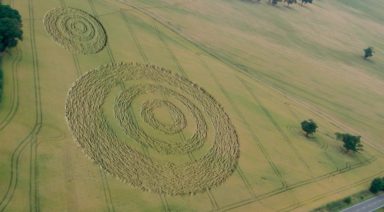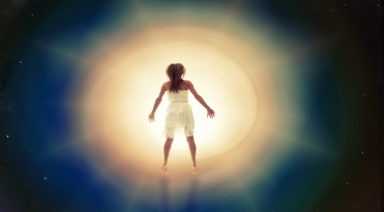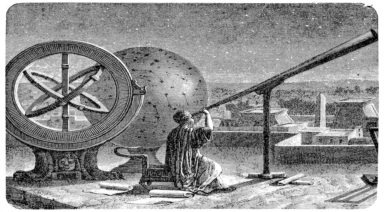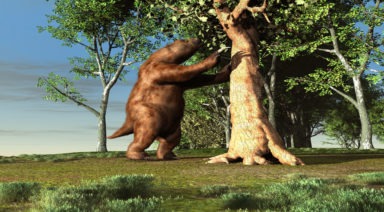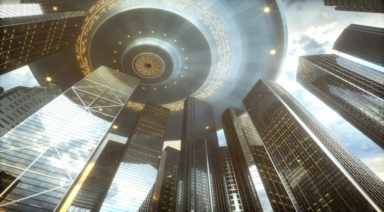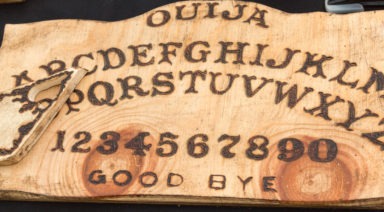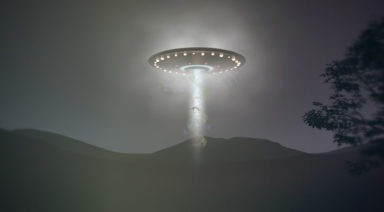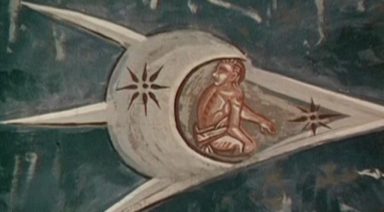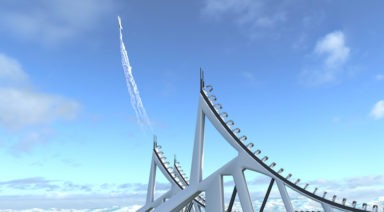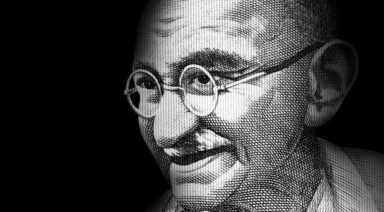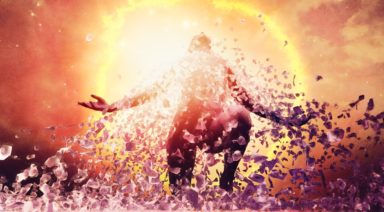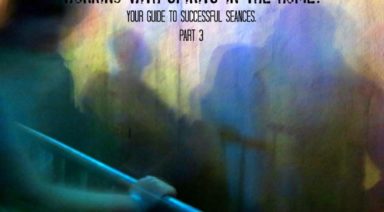US Space Force Hesitant to Take on UFO Study
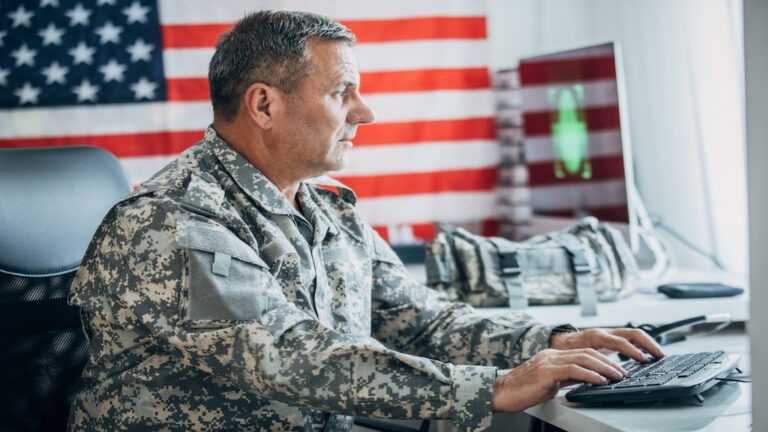
Should the US Space Force take over the tracking and studying of UFOs? Space Force reportedly says, “no.” Why wouldn’t they want this high-profile job?
In the wake of the UAP report from Congress, which called for the US government to “standardize the reporting, consolidate the data, and deepen the analysis,” officials are reportedly calling on the recently formed Space Force to play an increased role in the tracking and study of UFOs. But in a recent report by Politico, who spoke to five unnamed officials, the Space Force command is wary of the assignment because “they want people to take them seriously.”
With such a high-profile order for a service which is not even two years old, why would they balk at such an idea?
Cheryl Costa is an investigative journalist and researcher who spent nine years in the US military, including five years as a Navy Electronic Warfare Specialist, she is the co-author of “UFO Sightings Desk Reference USA 2001-2020.”
She said, “Well as far as Space Force taking over, let’s go back to the early 2000s, ships like the Nimitz and things started experiencing these UFO sightings, had that been anything that resembled a Russian aircraft or Chinese aircraft, a dozen different intelligence groups would have been all over it. We’ve had this stigma since 1968 with the Condon Report that made it to Congress that made everybody who reports a UFO look like a kook or a crackpot.”
Watch the video below for the rest of the story…
Are UFOs Transdimensional Entities Traveling Through Plasma?

Could UFOs be more than nuts and bolts spacecraft piloted by extraterrestrials? A fascinating new hypothesis suggests an alternate view, based on millennia of evidence and backed by cutting-edge quantum science.
Andrew Collins is a science and history writer who has been researching human origins for many decades. In his latest book “Origins of the Gods,” he and co-author Greg Little present a unified explanation of UFO and extraterrestrial phenomena going back to prehistoric times.
“My own impetus for writing this book was to try and understand exactly who the original ancient aliens were — UFOs have always been seen to be alien spaceships. I realized at a very early age when I was investigating the subject that something was not quite right. That’s not to say that we’re not dealing with nuts and bolts spacecraft, but that there was something else going on as well. What I noticed many years ago, was that there was some kind of connection between UFOs and human consciousness, in the sense that people who witnessed this phenomenon had a link or connection with it, and I wondered if there was something deeper involved here and I wondered whether this would have affected the ancients as well as people today who have UFO encounters.”
Through his in-depth analysis of hundreds of thousands of years of history coupled with the latest understandings of theoretical and quantum physics, Collins has set forth his comprehensive take on what may be behind some extraterrestrial contact.


